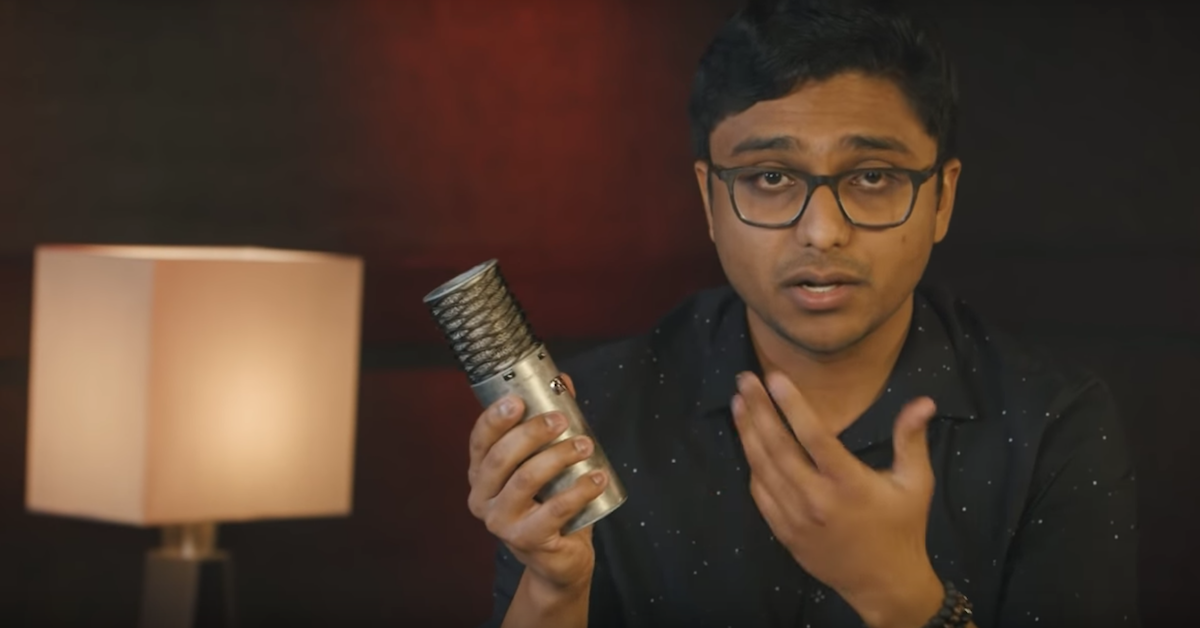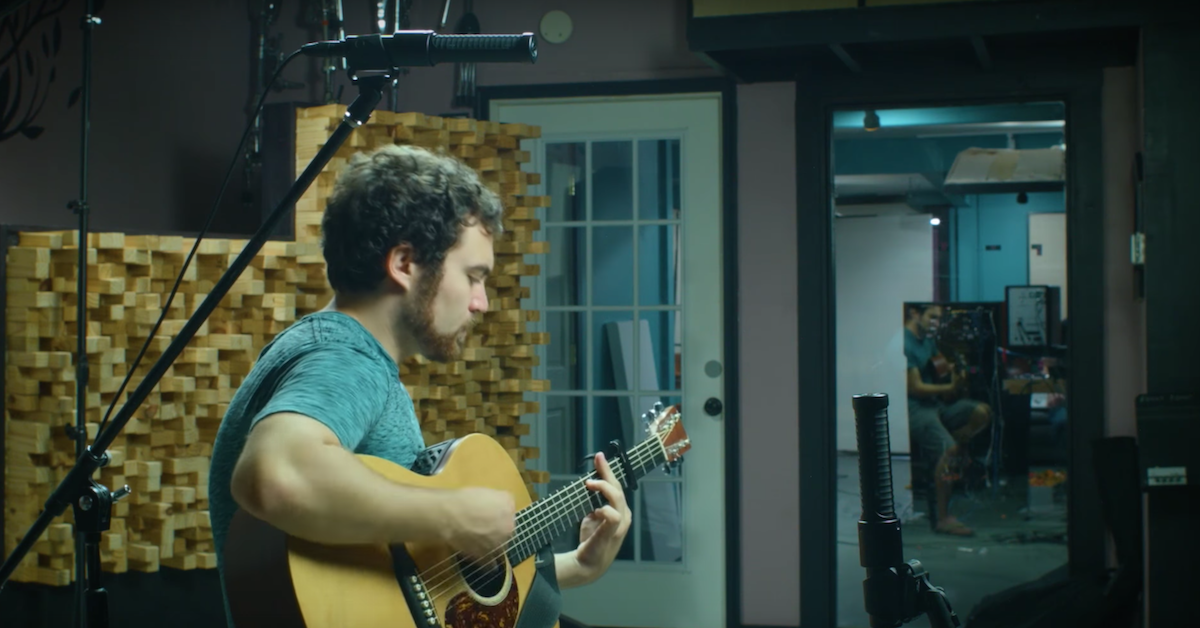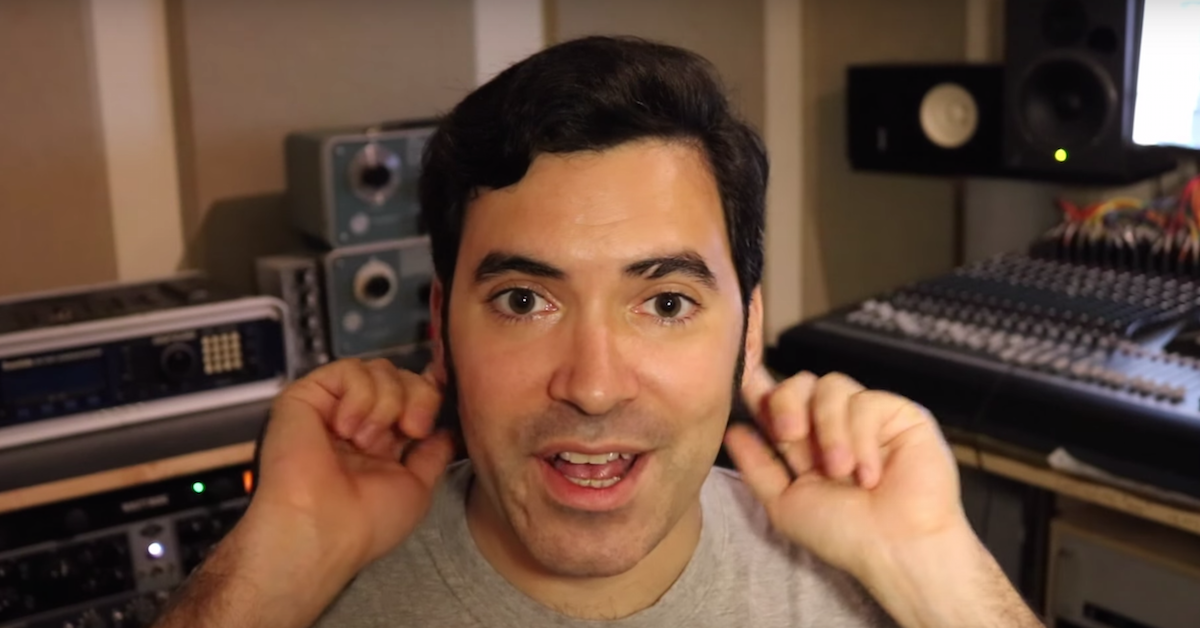8 Tips for Becoming a Better Home Studio Engineer
Article Content
With the growth of home studios, it seems like the craft of engineering has become increasingly neglected.
With the accessibility of gear came the idea that you didn’t have to know a lot about recording. The implication is that the gear does the work as if you just buy the plugins and the magic happens on its own.
I’m sure if you take some time to talk to a mix engineer, you’ll get an earful about the current state of sessions they’re getting. It certainly has become more difficult on their end.
There is also an impatience to modern recording. Everybody wants instant results. Learning takes time. Every stage is going to have its own learning curves.
In this post, I’m going to talk about some common mistakes new engineers make.
1. Fast Food Service
In the box (ITB) doesn’t mean drive-through dining.
Don’t make the mistake of thinking that right out of the box your recordings are going to sound like a record.
Sure, you’ll have more options than you can fathom, but that doesn’t mean you’ll understand all of them.
Sometimes you can make beautiful mistakes while recording. We all cherish these moments. But, we don’t make a career of them.
We need to be aware of major quality control issues that can have long term effects on your project.
2. Phase
It’s not a cool vintage effect for a Rhodes piano or guitar. If you’re going to be using more than one mic, you should understand the basics of phase. It’s not as simple as just putting up two microphones and letting it rip.
Having good phase relationship is one of the biggest factors to getting great sounds with multiple microphones.
3. Patience
Remember when you went to school? You didn’t get your diploma on the first day of class. When the UPS truck pulls up to your house with your sparkly new gear, it doesn’t contain a diploma.
You have to give yourself time to learn.
Don’t make the mistake of pulling something out of the box and immediately starting a record. Educate yourself. Watch as many tutorials as you can. Focus on one small element at a time.
Don’t start adding plugins until you know how to capture a great sound at the source.
4. Microphones
The concept of microphones acting like ears tends to get lost on novice audio engineers.
Microphones listen to the instrument. Depending on where they’re placed they’re going to sound different. Plugins won’t change this after the fact.
If it doesn’t sound good in front of you (in the room), it probably won’t sound good recorded. Move the mics around. Plugins are icing — a garnish. Mic placement is everything.
5. Decisions
Less experienced engineers seem to be really concerned about saving options for later. They’re afraid to add compression or EQ in case they don’t get it right.
Great engineers commit to effects often. At least the ones that contribute to capturing the instrument.
It’s likely that you’ll make some mistakes at first. That’s part of learning! Every beginning engineer does this. Get good. Practice. Make mistakes until you get it right.
It doesn’t mean you’ll always track with effects, it just means that when it’s needed, you’ll have the confidence to do it.
6. Organization
A good engineer knows how to organize a project.
They make edits as they’re tracking. They do the fades and fix the punch-ins.
This way there’s no guessing game later and panic will not be thrust upon the mixing engineer upon receiving your session.
7. Tuning
This happens before we set up any microphones. Get the instruments sounding good. A microphone doesn’t appreciate a crappy sound any more than your ears do.
Throwing up microphones without listening is like cooking without tasting. I don’t want to eat at that restaurant.
This goes for every instrument. Do whatever you have to do to make it sound pleasing. Move people around the room, swap guitars, amps, drums, drum heads … you get the idea.
Only when the instrument sounds good do you decide which microphones and preamps to use.
8. The Great Outdoors
You’ll notice a lot of what I mentioned happens outside of the DAW. Most great engineering does. The mistake is thinking the magic is in the box. The box can manipulate, but it’s not a magician.
More than half the work is out of the box. If you don’t have these principles down, it won’t matter if you’re running TAB preamps through a Pultec into an LA2A. It’s not going to sound good.
A great engineer can make a recording sound great whether behind an API desk or an MBox. The technique and taste are the same even when the medium isn’t.
Technology changes, but an understanding of what makes a great recording remains.





